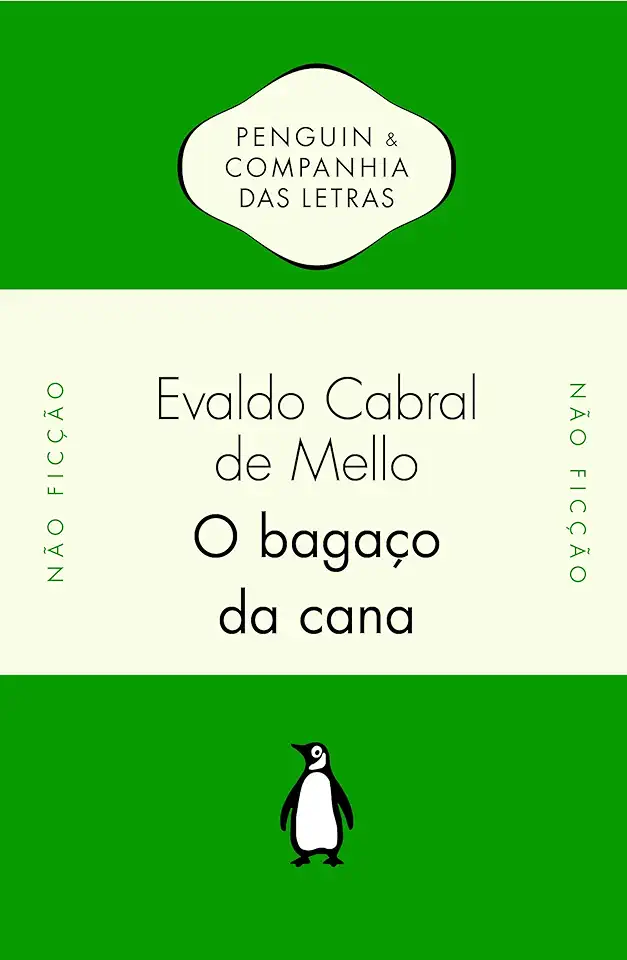
The Bagasse of the Cane - Evaldo Cabral de Mello
The Bagasse of the Cane: A History of Sugar in Brazil
Introduction
In "The Bagasse of the Cane," Evaldo Cabral de Mello offers a sweeping history of sugar in Brazil, from its introduction by the Portuguese in the 16th century to its decline in the 19th century. Mello argues that sugar was not only a commodity but also a social and cultural force that shaped Brazilian society.
The Rise of Sugar
Sugar was first introduced to Brazil by the Portuguese in the 1530s. The crop quickly took hold in the warm, humid climate of the northeast, and by the end of the 16th century, Brazil was the world's leading producer of sugar.
The sugar industry was a major economic driver in Brazil. It generated enormous profits for the Portuguese planters and merchants, and it helped to finance the development of other industries, such as mining and shipbuilding. Sugar also played a role in the growth of the slave trade. Millions of African slaves were brought to Brazil to work on the sugar plantations, and their labor was essential to the industry's success.
The Social and Cultural Impact of Sugar
Sugar had a profound impact on Brazilian society. It created a new social hierarchy, with the wealthy planters at the top and the enslaved Africans at the bottom. Sugar also shaped Brazilian culture. The music, dance, and food of Brazil all reflect the influence of sugar.
The Decline of Sugar
The sugar industry began to decline in the 19th century. A number of factors contributed to this decline, including the rise of competition from other sugar-producing regions, such as the Caribbean and India, and the abolition of slavery in Brazil in 1888.
The decline of the sugar industry had a devastating impact on Brazil. The economy suffered, and many people lost their jobs. The social and cultural fabric of Brazil was also damaged. The loss of the sugar industry left a void that has never been fully filled.
Conclusion
"The Bagasse of the Cane" is a fascinating and informative history of sugar in Brazil. Mello's book is a must-read for anyone interested in the history of Brazil, the history of slavery, or the history of the global economy.
Why You Should Read This Book
"The Bagasse of the Cane" is a well-written and engaging book that is sure to appeal to a wide range of readers. Mello's writing is clear and concise, and he does an excellent job of weaving together the economic, social, and cultural history of sugar in Brazil.
"The Bagasse of the Cane" is also a timely book. At a time when the world is facing a number of challenges, including climate change and economic inequality, Mello's book offers a valuable perspective on the role that history can play in shaping the present.
If you are interested in learning more about the history of Brazil, the history of slavery, or the history of the global economy, then I highly recommend reading "The Bagasse of the Cane."